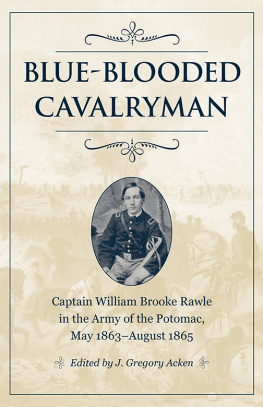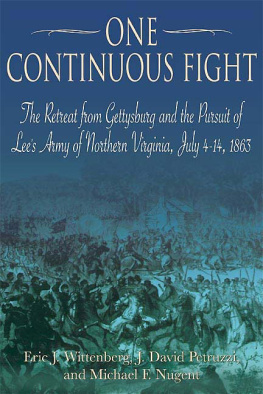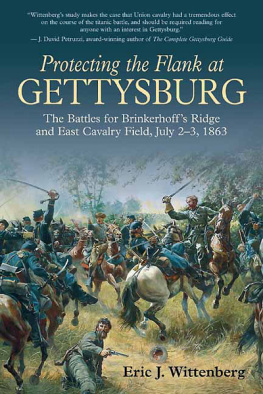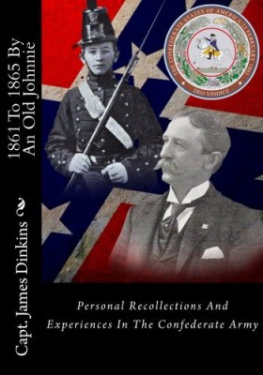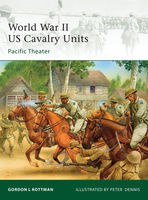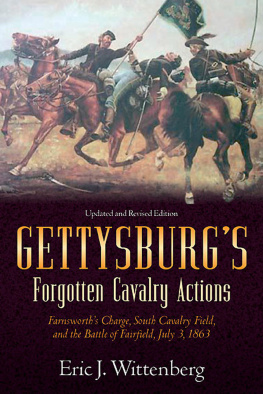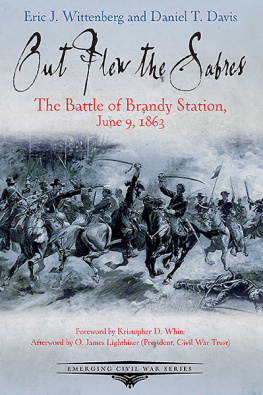William Brooke Rawle - Blue-blooded Cavalryman: Captain William Brooke Rawle in the Army of the Potomac, May 1863-August 1865
Here you can read online William Brooke Rawle - Blue-blooded Cavalryman: Captain William Brooke Rawle in the Army of the Potomac, May 1863-August 1865 full text of the book (entire story) in english for free. Download pdf and epub, get meaning, cover and reviews about this ebook. year: 2019, publisher: Kent State University Press, genre: Non-fiction. Description of the work, (preface) as well as reviews are available. Best literature library LitArk.com created for fans of good reading and offers a wide selection of genres:
Romance novel
Science fiction
Adventure
Detective
Science
History
Home and family
Prose
Art
Politics
Computer
Non-fiction
Religion
Business
Children
Humor
Choose a favorite category and find really read worthwhile books. Enjoy immersion in the world of imagination, feel the emotions of the characters or learn something new for yourself, make an fascinating discovery.
- Book:Blue-blooded Cavalryman: Captain William Brooke Rawle in the Army of the Potomac, May 1863-August 1865
- Author:
- Publisher:Kent State University Press
- Genre:
- Year:2019
- Rating:3 / 5
- Favourites:Add to favourites
- Your mark:
Blue-blooded Cavalryman: Captain William Brooke Rawle in the Army of the Potomac, May 1863-August 1865: summary, description and annotation
We offer to read an annotation, description, summary or preface (depends on what the author of the book "Blue-blooded Cavalryman: Captain William Brooke Rawle in the Army of the Potomac, May 1863-August 1865" wrote himself). If you haven't found the necessary information about the book — write in the comments, we will try to find it.
An intimate look into the daily life of a cavalry officer serving with the Army of the Potomac
In May 1863, eighteen-year-old William Brooke Rawle graduated from the University of Pennsylvania and traded a genteel, cultured life of privilege for service as a cavalry officer. Traveling from his home in Philadelphia to Virginia, he joined the Third Pennsylvania Cavalry and soon found himself in command of a company of veterans of two years service, some of whom were more than twice his age. Within eight weeks, he had participated in two of the largest cavalry battles of the war at Brandy Station and Gettysburg.
Brooke Rawle and the Third Pennsylvania Cavalry would serve with the Cavalry Corps of the Army of the Potomac through April 1864, fighting partisans and guerillas in Northern Virginia and also seeing action during the Bristoe Station and Mine Run battles of late 1863.
A meticulous diarist and letter writer, Brooke Rawle documented nearly everything that came under his observant eye in 150 well-written letters home to his family. These letters, supplemented by his diary entries, provide a fascinating, richly detailed look into the life of a regimental cavalry officer during the last two years of the Civil War in the East.
William Brooke Rawle: author's other books
Who wrote Blue-blooded Cavalryman: Captain William Brooke Rawle in the Army of the Potomac, May 1863-August 1865? Find out the surname, the name of the author of the book and a list of all author's works by series.

